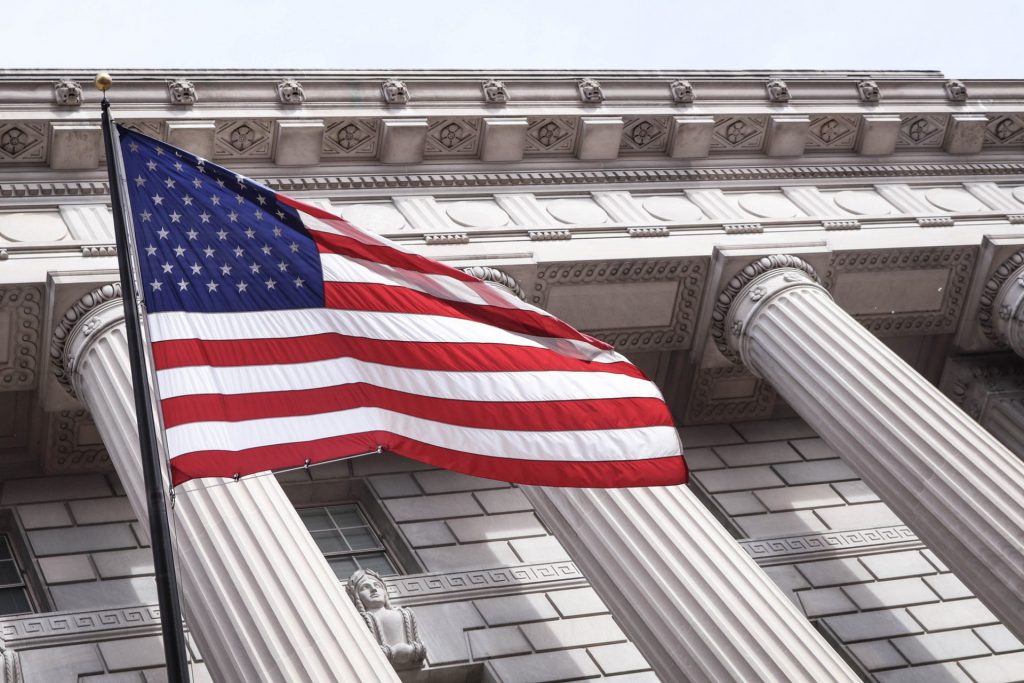In one of the more interesting developments for the digital asset industry and its technological prowess, Cardano revealed that several US States have sought it out to develop blockchain voting systems. Indeed, Cardano Foundation CEO Frederik Gregaard revealed their interest in a recent interview.
Speaking on the matter, Gregaard discussed the increased interest from the US on a state level. Specifically, they were interested in the possibility of utilizing blockchain technology to better optimize the voting process. Moreover, the development would increase avenues such as transparency in the overall voting process for American citizens.


Also Read: Cardano Looks Bullish As Bitcoin Halving Approaches, Can ADA Hit $1?
Cardano Approached to Develop US Blockchain-Based Voting System?
Throughout the last several years, the development of blockchain technology has been increasingly interesting. Its effect on the finance sector has been seen through the increased adoption of digital assets. However, its overall prevalence in the tech sector has been unavoidable.
Now, there have been increased efforts derived in the attempt to use this technology in other areas to increase efficiency. Subsequently, Cardano has recently revealed that it was sought out by US states to develop a blockchain voting system. Indeed, the Cardano Foundation CEO discussed the conversations that took place between the two parties.
Also Read: Cardano Analyst Says ADA Mirrors Last Cycle: Can It Hit $3 Soon?
“WE have been approached by a couple of states in the US,” Gregaard revealed. Additionally, he noted that they sought the firm to develop “a lightweight blockchain solution to make it more transparent and accountable how we are voting?” Thereafter, Gregaard said the Cardano Foundation is still observing if it is possible within the stats timeframe.
Gregaard was scarce in the details he provided, but the ongoing discussions are worth noting. Moreover, the Cardanoa Foundation implements a Catalyst Voting System, that could provide a foundation for such a development. That project allowed ADA holders to be participants in proposal voting and decision-making.
It could be explored on a much larger scale to provide a blockchain-based voting system for United States elections. Yet, the technology could provide a replicable basis throughout the globe. Therefore, optimizing the voting process for a plethora of nations.





